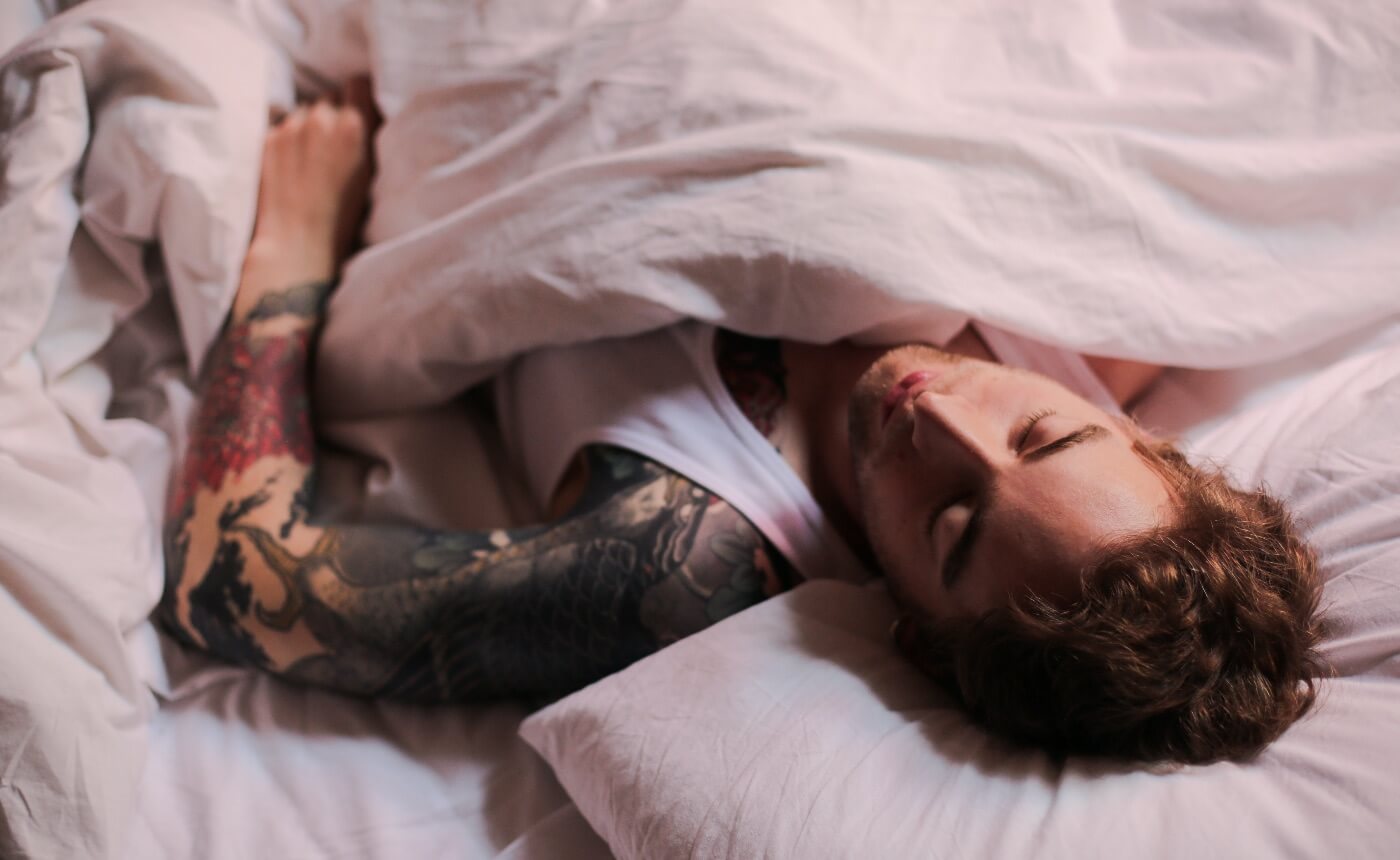Sugar gets a bad rep, despite the fact that eaten as part of a balanced diet it’s all good, but did you know it can affect your sleep? I mean, probably, but let’s look deeper into it.
Of course, we all love the late-night desserts and midnight snacks, but digging into those sweet-laden foods just before bed affects the quality of sleep we get — and by extension, our function and cravings for sugar the following day.
Dietician Alex Evans says: “When you eat sugar, your blood sugar levels rise and your pancreas releases insulin, which helps the sugar to be taken back into the cells, giving them fuel to run on.
“Eating sugar late at night over-stimulates you. It gives you energy and makes you ready for activity, but that is not what we’re trying to do at night. We’re designed to shut down towards the end of the day.”
A study has shown that “low fiber and high saturated fat and sugar intake is associated with lighter, less restorative sleep with more (sleep) arousals.” This essentially means the more sugar we consume before bed, the less deep sleep we have, which is needed for restoration and rest.
For instance, eating chocolate late at night can worsen your sleep, as it contains caffeine and other stimulants designed to give us a sugar rush and burst of energy. Sugar also uses up the magnesium we need to be able to sleep.
The sugar we digest makes us wake up during the night, or pulls us out of deep sleep. This leads to being sleep-deprived the next day, which is especially harmful, seeing as we need sleep.
The cravings we get from having sugar the night before will result in wanting to satiate the desire for sugar, and thus causing a spike in blood sugar levels and energy crashes.
It will inadvertently create more sugar cravings during the night; the more we have it in our system, and throw the entire sleep schedule off balance. One of the main sugars affecting our blood sugar levels is refined sugars, which is found in desserts, soft drinks/juices, cereals, and pasta sauces, as well as white breads, pasta and white rice.
Dr Paul Kelley, a sleep pattern researcher, says: “Poor sleep and eating sugar and fatty foods do go together, but there is evidence on both sides about which direction it goes in. Does eating sweet food make you sleep less or does sleeping less make you eat sweet things?”
He goes on to say that sugary foods are likely to disrupt our sleep, and it is best to not consume anything at least two hours before heading to bed.
The combination of sugar before bed and disrupted sleep will create an ongoing problem, essentially a vicious cycle from craving sugar to giving in as it gives a small spike in energy to lack of sleep to exhaustion and repeat.
Of course, many of us have a sweet tooth and there’s absolutely nothing wrong with eating sugary foods — so we’re absolutely not saying don’t eat it (who doesn’t want to get stuck in to a chocolate cake?), but you might want to keep it to the daytime or early evening, to make sure you get a restful night’s sleep.

